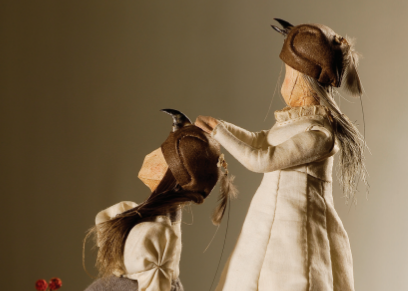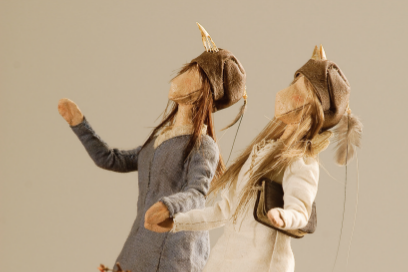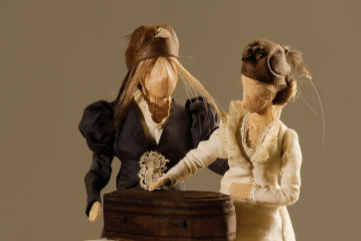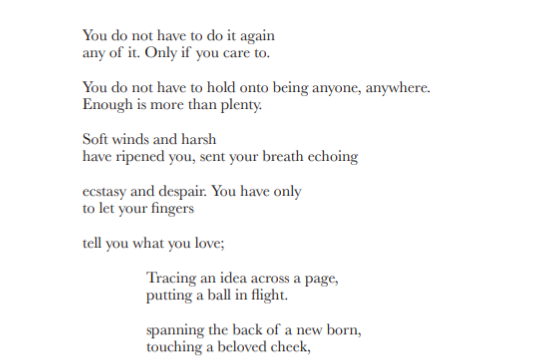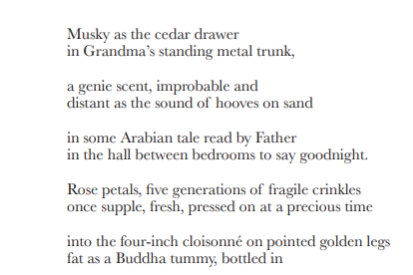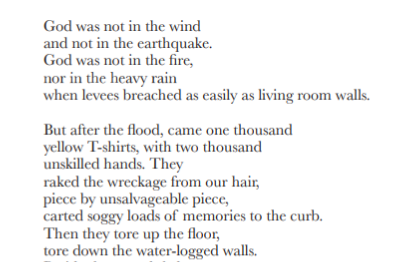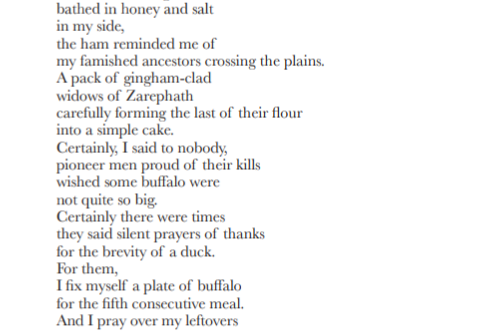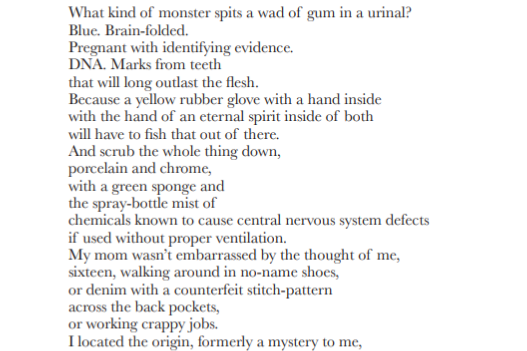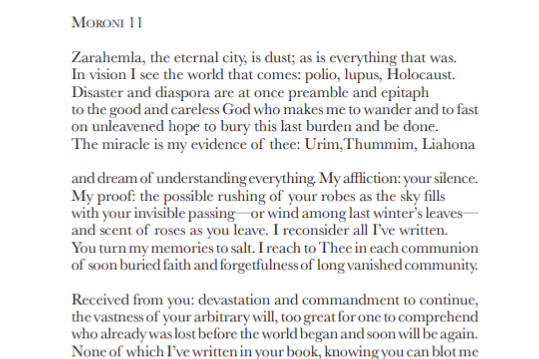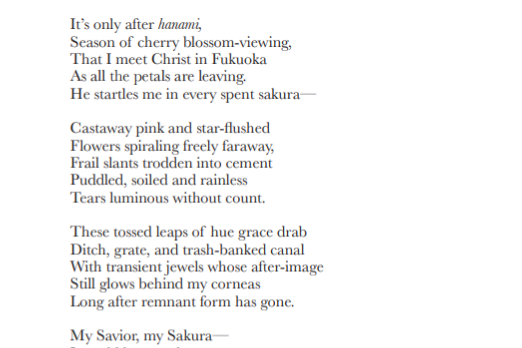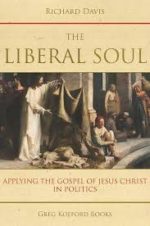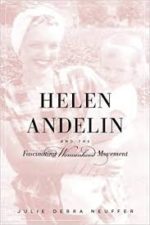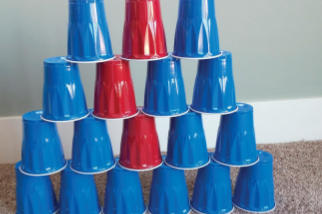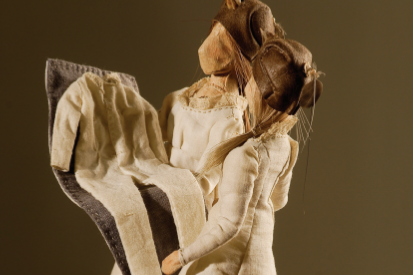It is early evening in ancient Jerusalem, and a beautiful young Jewish woman, recently wed, carries a small bundle of clean clothing and a linen towel. Her sandals pad against the limestone pathway that borders the synagogue. She is on her way to the community mikvah, a font-like, open-air, recessed pool designed for ritual bathing, where a few other women may or may not already be waiting their turn. This is a devotion the women of her faith observe once a month, seven days after their menstrual cycle ends, in order to be “purified from [their] uncleanness,” to use the words from 2 Samuel, chapter 11. While the mikvah is enclosed for the privacy and protection of the women, it’s still possible for someone with a particular vantage point—say, someone on the roof of the king’s palace, perhaps—to illicitly watch a woman complete her ritual, to watch her disrobe and completely immerse herself in the sanctified waters of the mikvah before she emerges to dress herself in fresh clothing. Thus, according to her obedience to the law, the young wife Bathsheba is restored to purity.
Read more






